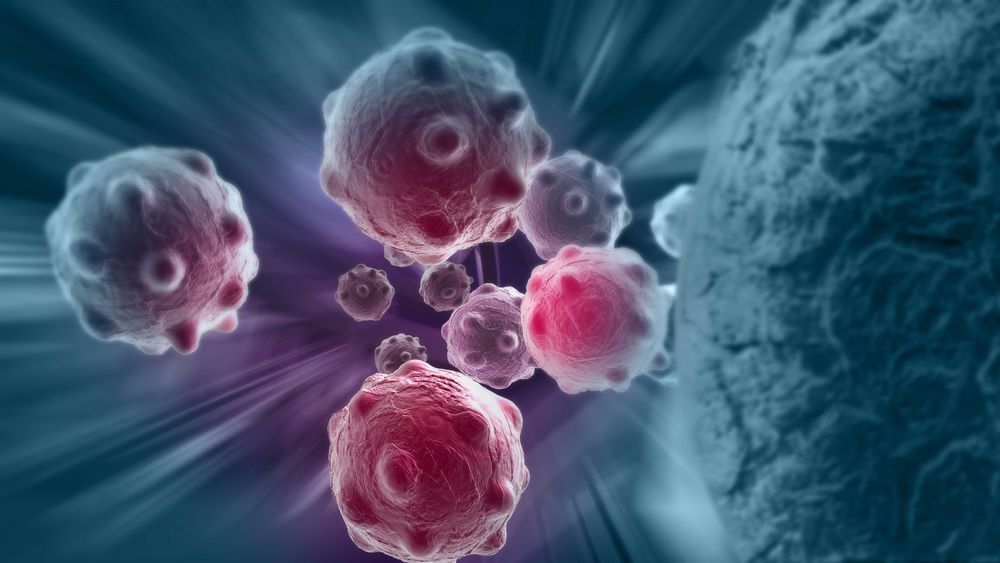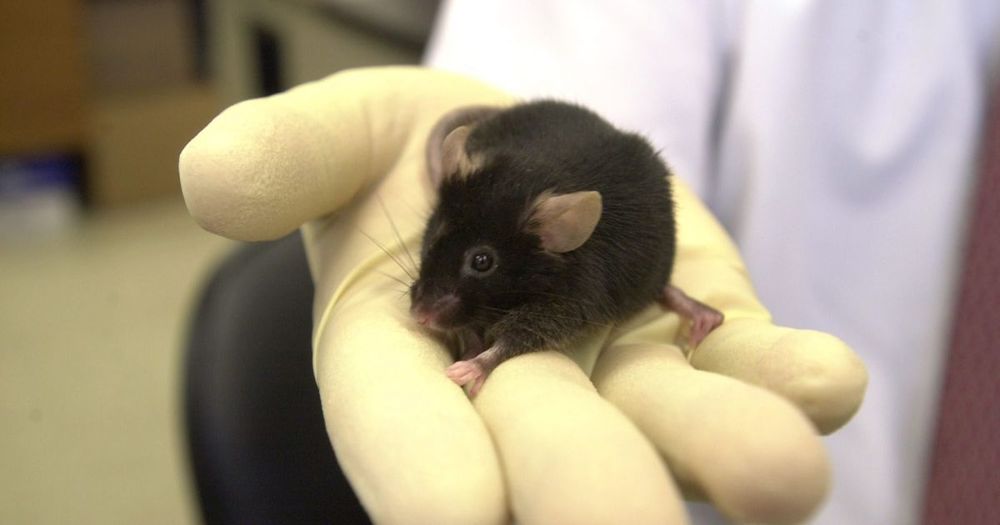By robotic suit walk Grace Harvey reveals the mixed emotions she had after walking for the first time in a robotic suit.



The deadly animal-borne coronavirus spreading globally may have originated in a laboratory in the city of Wuhan linked to China’s covert biological weapons program, said an Israeli biological warfare analyst.
Radio Free Asia last week rebroadcast a Wuhan television report from 2015 showing China’s most advanced virus research laboratory, known the Wuhan Institute of Virology. The laboratory is the only declared site in China capable of working with deadly viruses.

Proving once again that truth is often stranger than fiction, a Swiss researcher has recently developed an astonishing new type of robotic hand that can actually lift small items via invisible sound waves. While it might appear to be a clever conjuror’s trick, it’s really employing an old invention called ultrasonic levitation, whereby objects are captured and levitated using the sorcery of science.
Researcher Marcel Schuck of the Swiss Federal Institute of Technology in Zurich is utilizing a strange phenomenon whose history dates back 80 years, but fusing the technology into modern robotics applications. Schuck’s initial touchless gripper resembles a halved gourd attached to a network of wires and containing dozens of miniature loudspeakers.

The first case of novel coronavirus was confirmed in Orange County Saturday, health officials said.
The Orange County Health Care Agency’s Communicable Disease Control Division, which received confirmation from the Centers for Disease Control and Prevention, said the infected person is a traveler from Wuhan, China.
The respiratory disease has sickened 1,975 people and killed 56, almost all in Wuhan.

Sorry, might be a re-post, new source (r;ns)
Fighting cancer can sometimes feel like a game of Whack-A-Mole – even after a primary tumor is removed the disease can crop up again in other organs. Now, researchers at the Harry Perkins Institute of Medical Research have developed a drug that can prevent cancer from spreading.
Previous research has shown that before tumors start to spread, they secrete substances that prepare new places for them to settle down. One way in which the disease does this is by making blood vessels in the area “leaky,” allowing the cancer to penetrate them easier. And it’s this process that the new drug, created by researchers at the Harry Perkins Institute, prevents.
“While this behavior of cancer was already known, what we have discovered is that we can interfere with this process because of the way this new drug affects blood vessels,” says Ruth Ganss, an author of the study. “We’ve discovered it restores the leaky vessels which results in the cancer cells flowing past and not setting up shop.”

Medical science has been this optimistic before about finding a cure for Alzheimer’s, but in most cases the scientists, patients and their families have suffered serious disappointment. The bitter truth is that over 99 percent of all clinical trials for Alzheimer’s treatments end in failure. For now it is not only incurable, but a major mystery and irreversible. The chemical basis for the disease is still unclear. The research is directed in many directions and based on very different assumptions and approaches.
One focus in recent years is based on the “amyloid assumption,” which says the amyloid beta peptide plays a major role in the development of the disease. The accumulation of the “sticky” amyloid protein plaques is responsible for the damage, by building up into clumps that can cause inflammation in the brain and the death of neurons. These plaques are the main target of most Alzheimer’s research today. Almost 90 percent of the scientific resources in Alzheimer’s research are devoted to developing drugs and treatments to reduce the concentrations and activity of amyloid beta in the brain.

While the cryptocurrency didn’t perform that well in 2019, Ethereum (ETH) is one of the best-performing digital assets of all time, rallying from an ICO price under a dollar to the $160 where it is today.
Despite this jaw-dropping gain in and of itself, investors in the cryptocurrency believe it will go higher. So much higher than one analyst laid out a case for the cryptocurrency’s value to surge to $1 trillion, 13 digits.
For some perspective, a trillion-dollar Ethereum market capitalization at current price levels would equate to about a $9,000 ETH price, with the current supply in mind. The cryptocurrency reaching such lofty prices would require it to rally by over 5,000%. Crazy, right?